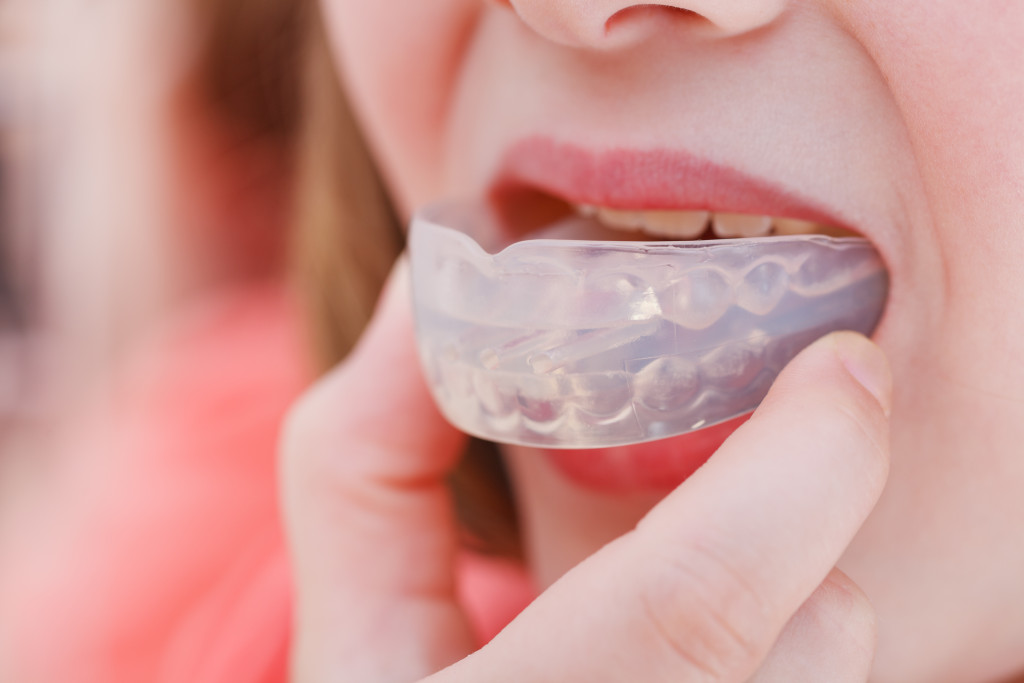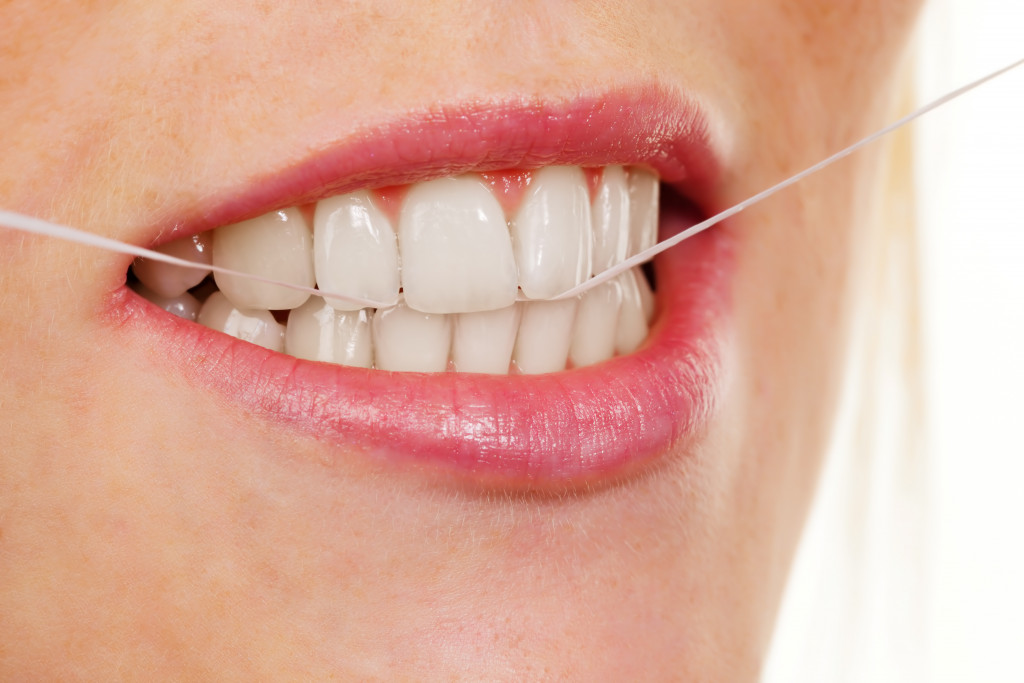- Maintain proper dental hygiene for healthy teeth.
- Visit the dentist regularly for checkups and prevention of severe conditions.
- Eat a healthy diet and avoid sugary drinks and sticky sweets.
- Wear a mouthguard during contact sports or activities to prevent trauma.
It should come as no surprise. You might be doing it instinctively, but it never hurts to be sure. Protecting one’s mouth is critical in maintaining good overall health. The mouth serves many vital functions, including eating and speaking, essential for everyday life. Unfortunately, many people overlook the importance of proper oral hygiene and care.
Having healthy teeth and gums requires that individuals practice certain habits. These activities help prevent tooth decay and gum disease, which can lead to pain, infection, and other serious health issues. Studies have found that gum disease has been linked to heart disease, stroke, and some types of cancer; this highlights how important it is to protect the mouth. Moreover, you might be missing out on the benefits of a good smile.
In addition to dental conditions, poor oral hygiene has been linked with respiratory illnesses such as pneumonia—as bacteria can move from the mouth into the lungs via saliva particles—and diabetes—which may arise due to uncontrolled glucose levels in the saliva. It is estimated that up to 91% of US adults have some form of cavities or fillings, while nearly half suffer from periodontal diseases like gingivitis; this showcases how widespread poor dental hygiene can be.
Therefore, people must take routine steps to protect their mouths from these adverse conditions. Here are a few tips to help you.
Proper Dental Hygiene

Maintaining good oral hygiene is essential for more than just a healthy, attractive smile. Dental hygiene is vital to overall good health and well-being. Poor dental hygiene can result in numerous issues, such as tooth decay, gum disease, cavities, and even bad breath.
One must practice proper dental habits regularly to ensure one’s mouth remains healthy and free from these conditions. This includes the following:
Brushing daily
Brushing your teeth should be a daily routine. This helps remove plaque and bacteria from the teeth and food particles that may have been left behind after a meal. Brushing for at least two minutes twice daily with a soft-bristled toothbrush and fluoride toothpaste is recommended.
Flossing regularly
Flossing should be done regularly—ideally once per day—to help remove plaque and food debris from areas between the teeth that brushing alone cannot reach. To ensure proper cleaning, you can use waxed dental floss or an interdental cleaner, such as an oral irrigator.
Rinsing with mouthwash
Rinsing your mouth with an antiseptic mouthwash can help reduce bacteria in the mouth and prevent bad breath. Additionally, for those with periodontal problems, an antibacterial rinse may help reduce inflammation of the gums.
Visiting a dentist
Regular dental check-ups are essential for preventing serious oral health issues from developing. Visiting the nearest dentist’s office regularly allows them to monitor your teeth and gums and examine any signs of infection or decay before they become more severe.
Eating Properly
A healthy, balanced diet is essential to maintaining strong, healthy teeth. Nutrition is closely related to dental health as certain foods and nutrients can help protect the enamel of teeth and prevent tooth decay.
Calcium-rich foods such as dairy products like cheese, yogurt, and milk are especially beneficial for teeth. Calcium helps build strong enamel and makes it more resistant to acid attacks from plaque bacteria. Vitamin D also aids calcium absorption into the body, so getting enough sunlight is essential if you live in an area with limited sunshine throughout the year.
In addition to dairy products, other beneficial foods for oral health include crunchy fruits and vegetables such as apples and carrots. These types of food require more chewing than soft or processed foods, which increases saliva production—a natural defense against tooth decay—and helps remove food particles stuck between teeth.
Foods that should be avoided when maintaining good oral hygiene include sugary beverages such as soda or energy drinks; these contain high amounts of sugar, leading to cavities due to bacteria using them for acid production. Sticky sweets such as gummy bears should also be avoided due to their ability to stick on surfaces for long periods; this allows bacteria more time to consume the sugar particles and produces acids that may cause damage over time.
Use a Mouthguard

In addition to daily cleaning and proper eating habits, using a mouthguard when participating in contact sports or activities is essential. Mouthguards are designed to protect teeth from trauma caused by blows to the face, which can damage teeth and cause pain.
Individuals must wear an appropriate mouthguard when engaging in activities with the potential for facial injury; this will help prevent significant dental problems and reduce the risk of further harm.
Final Thoughts
Following these guidelines can protect your mouth and maintain good oral health. Doing so helps with beautiful teeth and keeps your body healthy and disease-free. Awareness of the importance of dental hygiene and taking preventive steps to keep one’s mouth in good condition is essential. Taking the time to develop and practice proper habits daily will ensure that your teeth remain healthy for years to come.
